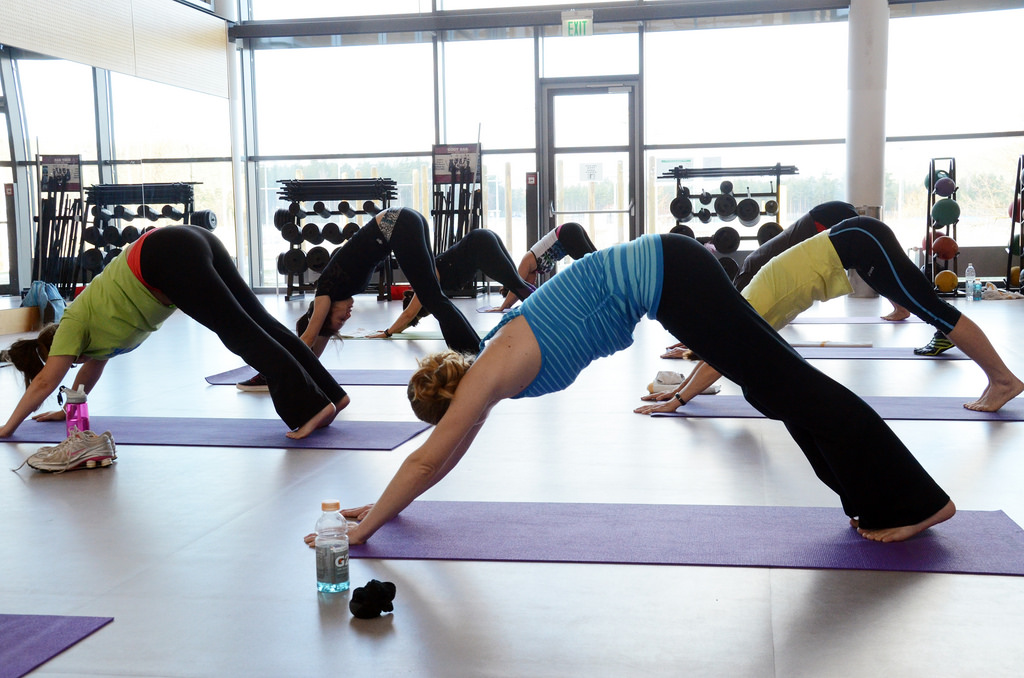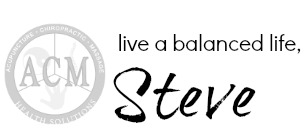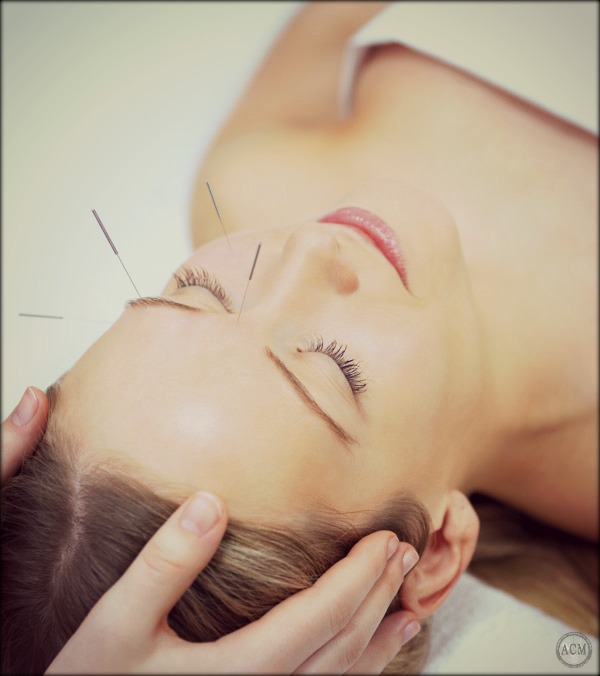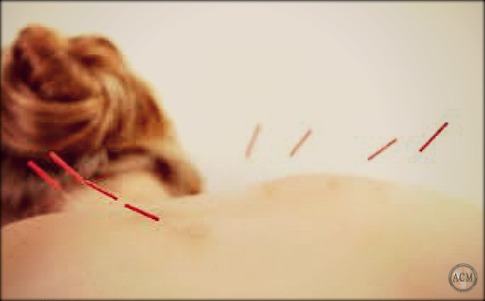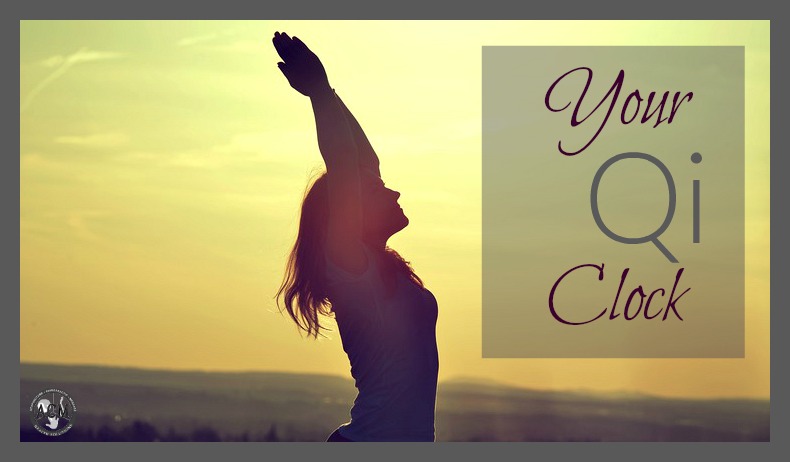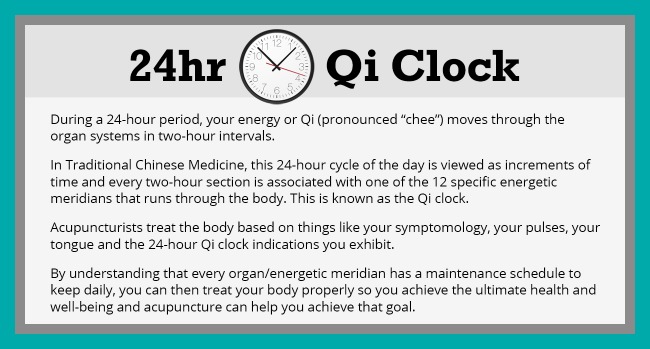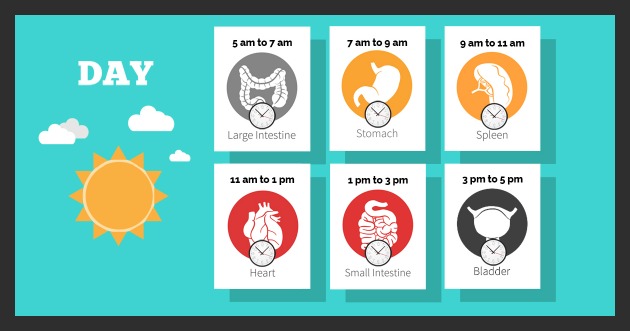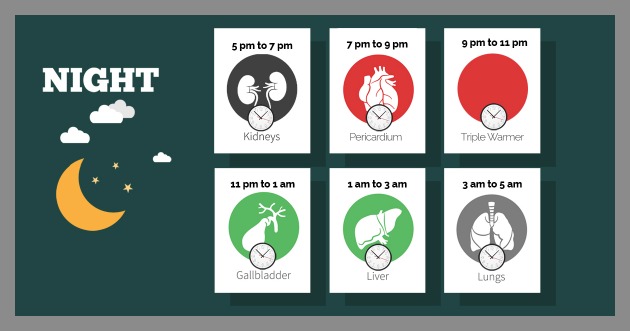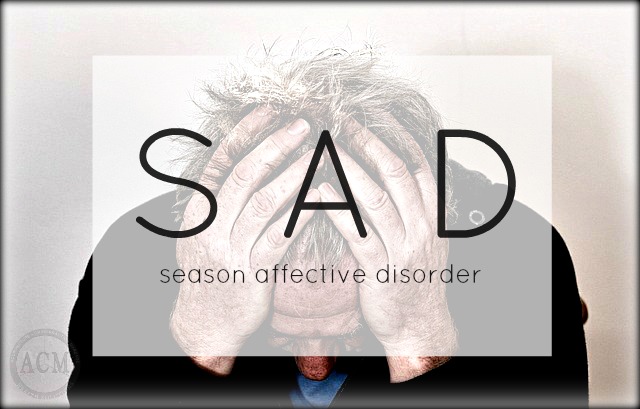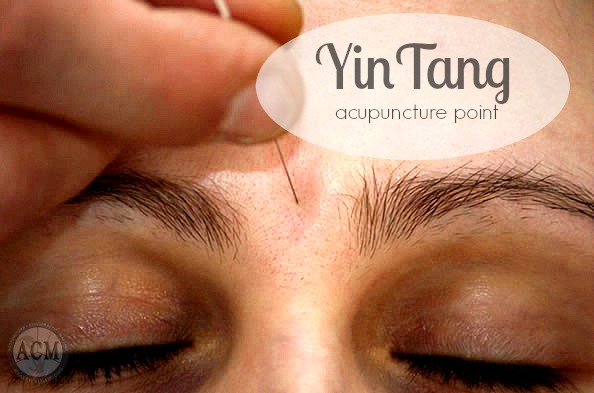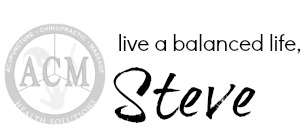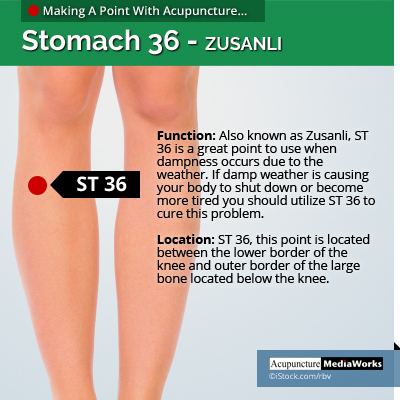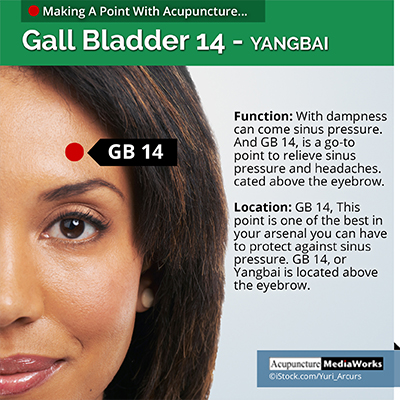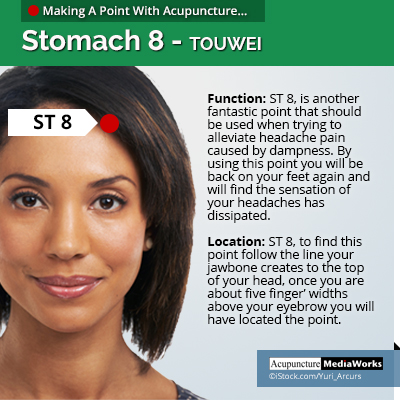The ancient Chinese developed a system of medicine thousands of years ago and that system is still used around the world today. This system incorporates more than just medicine though. Traditional Chinese Medicine practitioners also educate their patients on how the seasons affect the body and ways to stay healthy. This will ultimately lead to a long, healthy life.
Traditional Chinese Medicine teaches that humans should live in harmony with the seasons. According to TCM there are five seasons – winter, spring, summer, late summer and fall. Each season has many associations that help us change our habits allowing for a more balanced mind and body. When these systems were being developed, people were living in harmony with nature. People rose with the sun, ate what was available during the different seasons and they were much more aware of their natural environment. What to wear, when to wake up, when to go to sleep and what activities to engage in were all dependent on the weather and the environment. Because of this, people were capable of staying healthy throughout the year and their immune and organ systems were strong enough to ward off disease.
In this system, the season of winter is a time of repair and rejuvenation. Winter is associated with the kidneys, which hold the body’s fundamental energies. Harmonizing with the seasons will help the body stay healthy and prepared for each succeeding season. Rest is important for revitalizing the kidneys and this is why some animals hibernate during the winter months. Winter is also a really good time to turn inward and do some reflection. This is why practices like tai chi, qi gong and yoga can be very beneficial during the winter season. These practices help us connect to our inner selves, while supporting the kidney energy. These practices help relax the mind and calm our emotions.
Winter is also associated with ears in this system. Our ability to hear is related to the health of our kidneys. The stillness of the winter months allows us to hear the world more clearly and forces us to slow down. The bones are also associated with winter, which means that it is important to tonify and heal any orthopedic problems during these months.
There are many foods that are beneficial to eat during the winter season. These foods should be the ones that naturally grow during this season. Food items like squash, potatoes, root vegetables, winter greens, cabbage, carrots, apples, pears and mushrooms are all examples of things that should be incorporated into the daily diet during the winter months. Also warming foods such as soups and bone broth are highly recommended. There are foods that specifically target and nourish the kidneys too. These foods include black beans, kidney beans, lamb, walnuts, chicken, dark leafy greens and black sesame seeds. It is recommended to cook items for longer periods of time, on lower heat and with less water, as the food should be warming as well as nourishing.
When we align ourselves with the natural processes of life and the seasons, our bodies will adjust and perform optimally, just as they are intended to. This is how we are supposed to live and can quite possibly be why there is so much more disease now than in the past. So to be the healthiest you possible, learning to take cues from the seasons might just be the best suggestion ever.

